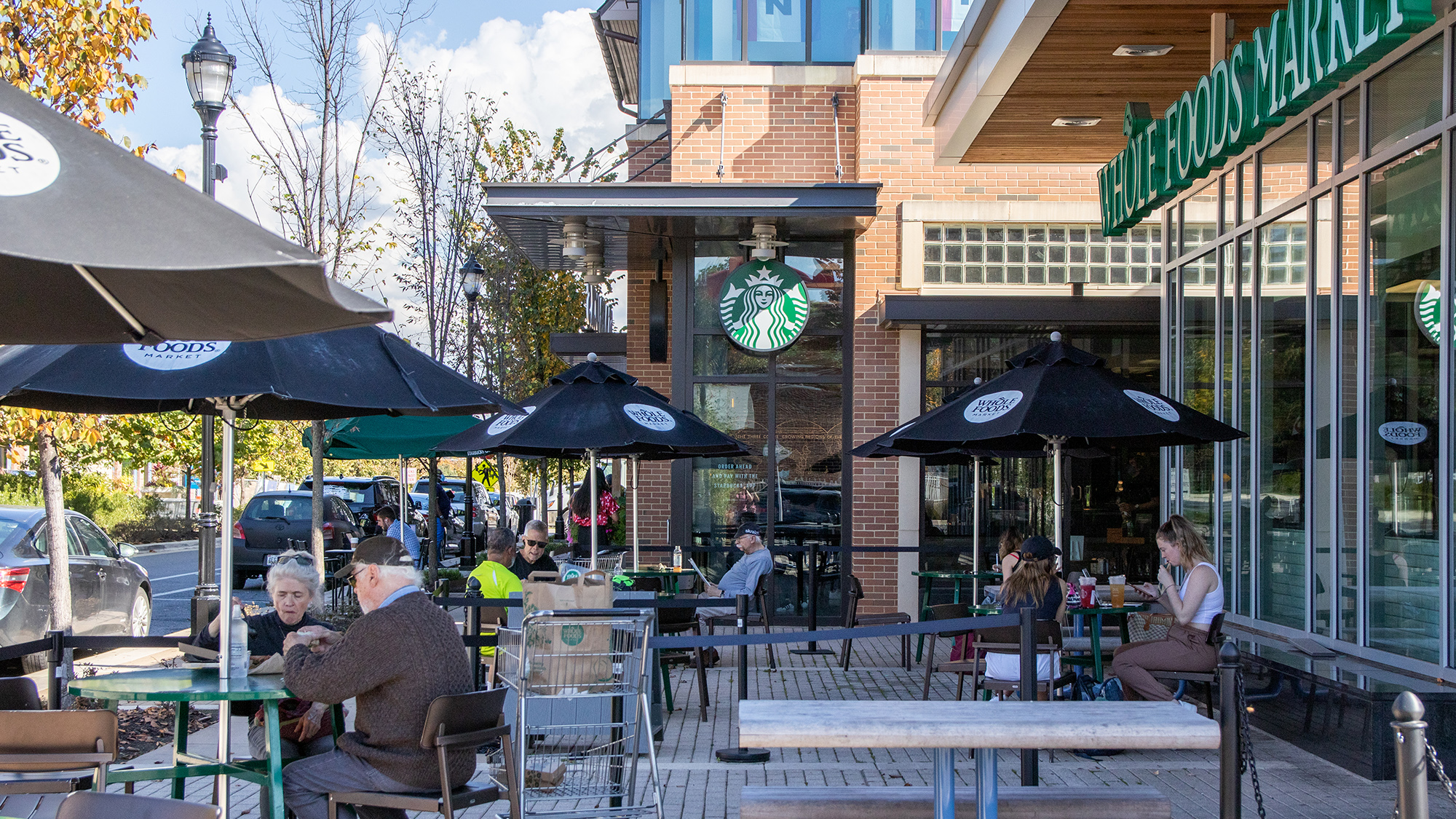I’ve been sufficiently humbled by most of the jobs I’ve had since high school — probably because a lot of them have been in food service. Catering to a person’s needs throughout their dining experience, no matter how trivial, can often be degrading.
Now, I’m serving through a global pandemic. When my restaurant reopened back in June, the crowds were smaller, and many patrons were pretty cautious. But as time goes on and people grow eager for a sense of normalcy, I’ve noticed customers becoming visibly annoyed and less cooperative with our safety precautions.
I understand this urge for normalcy, of course, to an extent. But restaurants have to adhere to both state and local guidelines; if you’re choosing to dine out right now, you shouldn’t be expecting the experience to feel 100 percent normal. From a server, here are five things to consider when eating out during the coronavirus pandemic:
- Make a reservation.
Although indoor restaurant capacity in Maryland is now at 75 percent, some establishments will vary based on the case numbers in their county. Making a reservation (if offered) can guarantee a table for your group on those busier weekend nights.
Also, make sure your group doesn’t exceed six people. Maryland’s best practices for reopened restaurants say no more than six people be seated at a table, except for members of the same household. I can’t speak for other establishments, but at mine, we cut it off at six — regardless of household.
[To quench your thirst for art during COVID-19, consider Studio A’s programs]
2. Dress accordingly.
As it gets chillier out, eateries may install heaters or utilize enclosed tents for outdoor dining. But unless you’re sitting directly underneath a heater, you probably won’t feel it. Be sure to bundle up enough to keep you cozy for the entirety of your visit.
Drinking enough alcohol to stay warm is always an option, too!
3. Respect the rules.
Following rules — what a concept. After a few six to eight hour hostessing shifts, my voice becomes raspy from reciting the same safety guidelines to guests over and over. And I can definitely tell when people aren’t listening to me.
Working in these times has made me a pseudo-bouncer, having to remind guests of the same rules multiple times. We aren’t doing it to reprimand you — it’s to keep you (and our staff) safe! Instead of scoffing at rules you may not agree with, just remember your server is human. If we can wear a mask for hours on end, you can do the same for the brief moments where you’re not sitting down at your table.
4. Skip the critical Yelp review.
Unless it’s calling out a major public health violation, avoid leaving a less-than-favorable review on Yelp. Stars on Yelp have evolved into a form of currency in the restaurant industry. Personally, I find that many of these reviews lack context.
If there was an issue during your visit that you’d like to call out, reach out to upper-level management first. As businesses attempt to come back from closures during quarantine, I’m sure many of them will be eager to keep you as a customer and resolve your troubles. This is a more concrete step in improving future visits for yourself and others.
[The Hall CP is the perfect place for a chill happy hour]
5. Tip generously.
From time to time, I’ve seen debate about tipping at restaurants on social media. A proposed alternative could be restaurant owners paying their employees adequately rather than relying on tips from customers. But now is not the time to make radical changes to the industry, unfortunately. Businesses are struggling enough.
I consider anywhere between 20 and 30 percent a decent tip. If servers, bartenders and bussers are risking their health to work through these conditions, then you should know they need the extra financial support.



